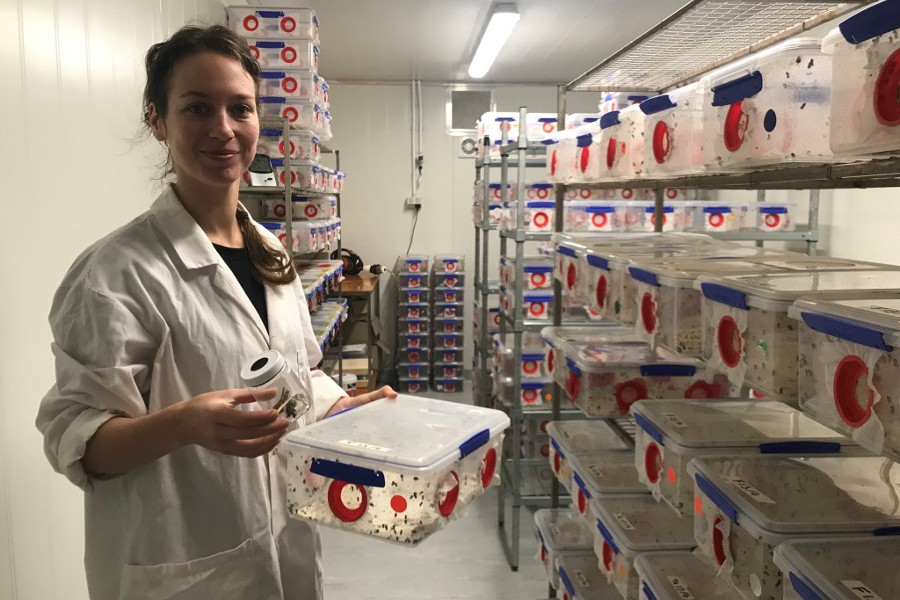We use cookies to give you a better experience on our website. Learn more about how we use cookies and how you can select your preferences.
Agrifood sector guide for the R&D Tax Incentive
Agrifood and the R&D Tax Incentive
Read examples of agrifood companies undertaking innovative activities, and how they self-assess their activities against the eligibility criteria for the R&D Tax Incentive.
Find examples of core and supporting R&D activities, overseas activities and R&D in a production environment.
Example: Baking stuff
Baking stuff
Watch the video that shows how a fictional company conducts experiments to develop a line of bread products.
While this video refers to AusIndustry, the R&D Tax Incentive is co-administered by the Department of Industry, Science and Resources (on behalf of Industry Innovation and Science Australia) and the Australian Taxation Office.
Applying the law
No new knowledge
A farming company undertakes activities to improve the sustainability of a farm. We found that the activities were not eligible for the R&DTI because they did not generate new knowledge.
Whole of farm claim
A farming company takes activities to change its practices for building soil fertility into its productive land. We found that the activities were not eligible for the R&DTI because the scale of the claimed activity was inconsistent with a significant purpose of generating new knowledge.
Getting farming R&D tax incentive claims right
Areas that you and your tax advisers need to consider carefully when you self-assess the eligibility of agriculture activities under the R&D Tax Incentive.
Taxpayer alerts
The R&D Tax Incentive is administered by us and the Australian Taxation Office (ATO). We share information about registrations and claims to ensure program compliance.
We prepare Taxpayer Alerts to provide a summary of the concerns about new or emerging higher risk tax arrangements or issues. The following Taxpayer Alerts are specific to the R&D Tax Incentive.
Following the Full Federal Court decision in Moreton Resources Limited v Innovation and Science Australia [2019] FCAFC 120, we have updated how we assess whether an activity was conducted for the purpose of generating new knowledge.
Therefore, taxpayer alerts should be read with the following information in mind:
- Activities involving the application of existing technology in a different context or location are capable of meeting the definition of ‘core R&D activities’. This will depend on the circumstances of the individual case, and whether all of the legislative requirements for ‘core R&D activities’ are met.
- Activities where the outcome could be known or determined in advance may still have been conducted for the purpose of generating new knowledge. However, activities need to meet both of these legislative requirements to be ‘core R&D activities’.
Customer stories
-

The R&DTI helps Bugs for Bugs survive its long-term R&D projects before it gets financial returns.